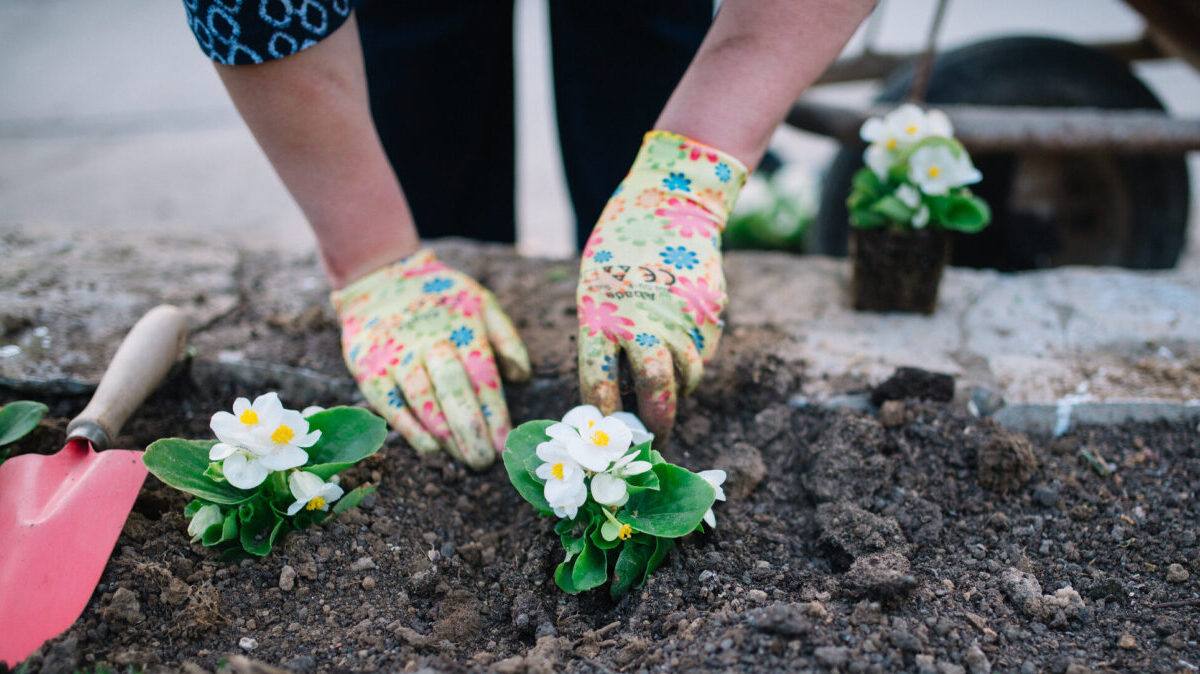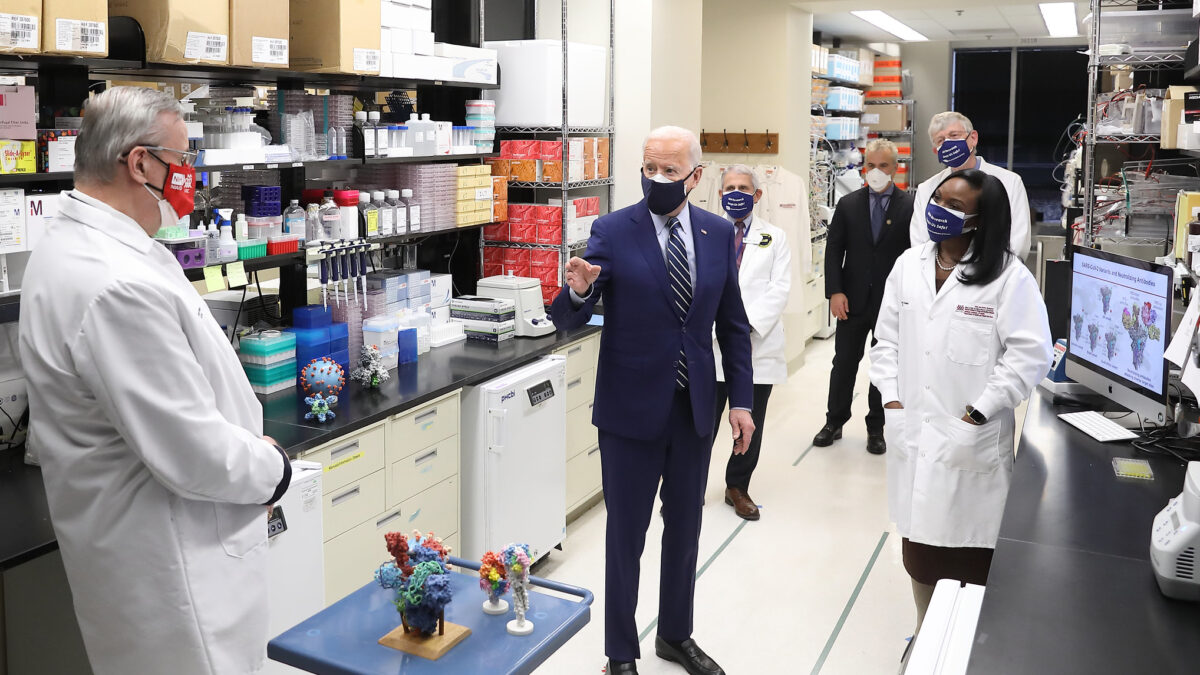Three years ago, I bought a rundown dump of an old hunting camp and have been fixing it up ever since. This process has involved, among countless other (invariably stinky) tasks, hauling out a musty AstroTurf “area rug” and skim-coating the swirly, 1970s plaster walls, stained a tawny color by decades of cigarette smoke. When I took possession of the property, ridding the thing of its tobacco-juiced floors and plastic-everything bathroom couldn’t happen soon enough. Now though, as the project nears completion, I’m disappointed. I’ve found I crave chores.
I know I’m not alone. When I wrote a piece last summer about how mowing the lawn is underrated, I received many messages in praise of puttering. In writing my forthcoming book, Woke-Proof Your Life, I found plenty of research affirming that the impulse my fellow eager honey-doers and I have in wanting to complete mundane tasks and pursue passion projects is healthy and natural. It’s also my experience that the more our lives have become automated, online, and inundated with woke messaging and “news” manufactured to arouse fear and division, the more we crave chores and hobbies — and the more we need them.
Wokeness, for all the professed confusion surrounding its definition, is nothing new. Nor is it a complicated concept. Wokeness is simply radical, left-wing ideology using updated terminology. It’s just political correctness on steroids, and it seems screen time is the “juice” most responsible for growing the chaotic machine. It appears the reason wokeness has gained such traction in the past couple of years is not because everyone in America has suddenly become “woke,” but because the rhetoric is so easy to disseminate online through Big Tech platforms largely owned by powerful, wealthy leftists determined to further the woke movement and censor dissent. Covid, too, and its consequential smartphone overuse, dubbed “a hidden crisis” of the pandemic, accelerated the speed and intensity of wokeness.
After all, if you had a woke thought or did a woke thing and didn’t post about it on social media or run to tell your story to CNN, did it really happen? As corporate and social media increasingly influence our world, woke ideas breed and fester and bring about the rotten fruit — skyrocketing anxiety, depression, addiction, etc. — we see destroying our society.
Canceling Wokeness with Chores and Hobbies
The good news is we can cancel wokeness before it cancels — and breaks — us. Completing chores and fostering healthy hobbies are vital to a thriving society, and the failure to do so has left people with a lot of free time on their handheld devices and many once-robust communities floundering. By contrast, spending time away from the fearmongering, sensationalized news cycle and artificial online outrage by igniting one’s senses and “turning on” one’s talents, so to speak, is key to mental, physical, emotional, and spiritual health.
Chores and hobbies allow us the double benefit of escaping woke influences while also boosting our self-sufficiency — a concept leftist, big government masterminds loathe. Self-sufficiency means not being subject to the ideological dictums and constant threat of cancellation at the hands of the woke judge and jury. Self-sufficiency also involves incorporating health-giving pastimes and satisfying skills into your life that can lead to alternative career paths, side hustles, and closet industries that can move you out from under the man’s thumb and insulate you from monetary coercion.
Studies Support Hobbies
What’s more, self-sufficiency also makes us better equipped to handle woke madness. The Australian and New Zealand Mental Health Association, reporting on the link between self-sufficiency and mental health, found that “a deep-rooted sense of inner completeness and stability” supplies people with an “inner sense of well-being [that] equips them to be more resilient to negative life events.” In fact, such an attitude explains in part why conservatives are healthier than leftists. Psychology Today reported on a study that found “people with conservative political attitudes tend to have better health than their liberal counterparts because the former place greater value on personal responsibility.”
Virtually any avocation that stimulates the mind and safeguards the soul from groupthink contagion, even if it’s mostly just for fun, is worthwhile. The Harvard Business Review reported in 2021 on a study suggesting “people who take part in leisure activities have fewer negative emotions and are less stressed. The study even found that our heart rates are literally lower when we engage in our hobbies.”
Psychology Today also reminded us in 2019 that “Working with Your Hands Does Wonders for Your Brain: Activities that use your hands relieve stress and help you solve problems. Using our hands may actually be key to maintaining a healthy mood, and the lack of this type of activity may contribute to feelings of irritability, apathy and depression.”
Painting, Gardening, or Sweeping Chimneys
My latest favorite hobby is getting lost in painting the (un-swirled) walls of the hunting camp where there’s limited cellphone service and my mind is freed to wander, wonder, and breathe, in a sense. A chimneysweep once told me he loved his work because it’s the perfect combination of “being intellectual and leaving me physically exhausted and a little dirty.”
Following the chimneysweep model, I’m convinced that if everyone in America were involved in gardening, wokeness would go poof! We’d have fewer mentally ill and obese people, and time spent in nature, which reduces stress in itself, means less time spent absorbing and supporting destructive woke causes.
Yale University reported in 2020 on a study that found: “People who spent two hours a week in green spaces — local parks or other natural environments, either all at once or spaced over several visits — were substantially more likely to report good health and psychological well-being than those who don’t. The effects were robust, cutting across different occupations, ethnic groups, people from rich and poor areas, and people with chronic illnesses and disabilities.”
If anyone’s looking for a chore or a pastime that stifles woke poisons, excites the senses (just enough), lowers stress, and makes the world a nicer place, grab your paintbrush and meet me at camp.








